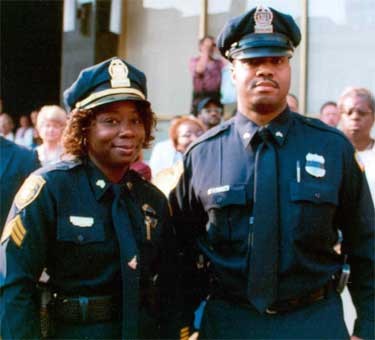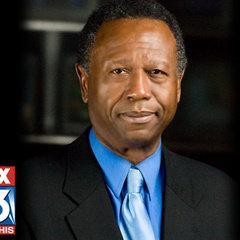Some valuable thoughts regarding the current unrest in Ferguson, Missouri, appeared on Time magazine’s website this week. They came by way of an insightful opinion piece authored by one Kareem Abdul-Jabbar, who, as the oldest among us may remember, used to play a little basketball.

The column was called, “The Coming Race War Won’t Be About Race.” No doubt it was so titled to generate more hits for Time.com‘s website, but the piece that followed was genuinely thought-provoking and even-handed. Abdul-Jabbar’s thesis was that incidents such as the one in Ferguson are as much about class warfare as they are about race:
“This fist-shaking of everyone’s racial agenda distracts America from the larger issue that the targets of police overreaction are based less on skin color and more on an even worse Ebola-level affliction: being poor. Of course, to many in America, being a person of color is synonymous with being poor, and being poor is synonymous with being a criminal. Ironically, this misperception is true even among the poor.”
Abdul-Jabbar cited the most recent U.S. Census data that more than 50 million Americans are officially classified as “poor.” He further pointed out how via manipulation by political leaders and the media, the poor are kept from utilizing the power that 50 million disenfranchised Americans could have as a unified voting block. They are distracted, Abdul-Jabbar contends, by emotional issues such as immigration, abortion, and gun rights, so much so that they fail to see that their universal plight — poverty — could be a strong enough bond to overcome their racial and political differences.
Abdul-Jabbar pointed to the most recent study by fact-checking organization PunditFact.com. It reported that 60 percent of claims on Fox News were false; and the number for MSNBC wasn’t much better at 46 percent. These so-called news outlets are stirring the pot and reinforcing the biases of their viewers. And in doing so, they are adding to the divisiveness and powerlessness felt by the poor and undereducated.
According to a 2012 Pew Research Center report, quoted by Abdul-Jabbar, just half of U.S. households are middle-income, a drop of 11 percent since the 1970s; median middle-class income has dropped by 5 percent in the past 10 years, and total wealth is down 28 percent. Just 23 percent of Americans think they will have enough money to retire.
For too long, American domestic policy has been dominated by the fatally flawed theory long posited by the “one percent”: Let the rich get as rich as they can and the money will flow down to the poor and middle class. More and more economists are pointing out that the true solution to the economy’s woes is the polar opposite: A healthy and growing middle class lifts all boats — and yachts. The middle-class’ money isn’t squirreled away in overseas trusts or in billion-dollar investment funds; it’s spent on the very goods and services that fuel a healthy economy: cars, appliances, food, travel.
Kareem Abdul-Jabbar retired from basketball in 1989, but it’s obvious he can still pull off a convincing slam-dunk.

